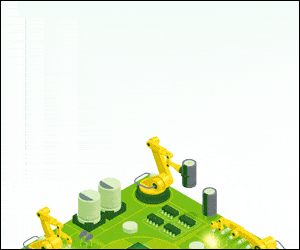- Advertisment -
Create an account
Welcome! Register for an account
A password will be e-mailed to you.
Password recovery
Recover your password
A password will be e-mailed to you.
Thursday, April 18, 2024
© Copyright 2024 - EFY Group© Copyright 2022 - EFY Group


